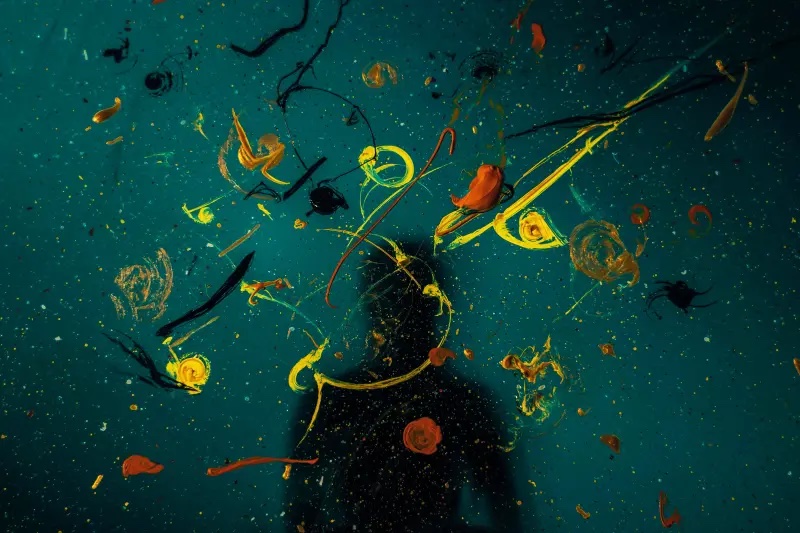The Centre for Creative and Practice Research (CCPR) is an explicitly interdisciplinary research centre designed to bring together and facilitate research and innovation activity across the University in which creative practice is a central, unifying tenet. The Centre’s primary aims are to develop and consolidate practice-research methodologies across the University as a whole, be responsive to increasing interest from funders in collaborative doctoral and post-doctoral multidisciplinary creative proposals across a range of academic disciplines, share ways of maximising income from these and innovation-related funding streams and build on Kent’s many existing strengths in this area.
The Centre is a forum for transdisciplinary knowledge exchange, both across the University and out into the community and the creative industries, with membership from disciplines including but not limited to architecture, creative writing, design, digital arts, drama and performance, film and media.
Cultural and creative industries are an area of growing strategic importance for funders. The Centre aims to respond to the latest AHRC 2022-2025 strategic delivery plan, which highlights the significance of creativity and practice within arts and humanities research and pledges to support and develop it.
The term ‘practice research’ is understood in the context of this Centre and in academic environments more broadly. The term refers to a broad range of research and is used here to cover activity which:
- Involves doing (as in, practice rather than only theory); and
- Involves research which incorporates, draws from, or otherwise is positioned in relation to creative practices.
Robin Nelson situates creative practice within the context of the academy as follows:
‘PaR merely formalizes the investigative and innovative practices of homo faber. Throughout human history artists have explored materials, forms and ideas but they typically did not think of their work in terms of academic research. The concept of PaR arises when the protocols of the academy, the HE sector, address arts praxis as research. In my understanding, then, PaR, is a modern institutional matter.’ (2022: 13)
Practice Research includes but is not limited to: a research process that leads to an arts-related output; a creative project as one element of a research process drawing on a range of methods; or a research process entirely framed as creative (e.g. artistic) practice, but still following rigorous procedures. Research might start or end in practice, draw on practice as a part of its process, or be wholly integrated into the shifting forms and outputs of a creative project. In some disciplines, critical reflection is integral to the practice and will facilitate the practitioner’s rethinking of assumptions, altering the trajectory, direction and outcomes of a particular project. Further, academic disciplines draw on a variety of creative methodologies that might be incorporated into interdisciplinary research projects as methodological innovations, providing new perspectives on and extending existing knowledge as well as evolving a different kind of knowledge practice.
The Centre has been positioned to respond to ongoing institutional priorities, and, working closely with iCCi, will deliver on the following elements of the institutional plan:
Civic Mission
Supporting projects that align with the University’s Civic Engagement Strategy, working regionally and nationally to demonstrate the benefits of community-based creative arts practice and outward-facing creative projects to society, wellbeing and the public good.
Enterprise
The Centre establishes and develops connections with the creative and cultural industries, including formal and commercial partnerships, and supports the establishment of ‘spin out’ ventures under the institutional umbrella.
Knowledge Exchange
The Centre contributes explicitly to the University’s performance in the Knowledge Exchange Framework (KEF) by establishing and extending networks and partnerships with arts and community organisations, including theatres, arts centres, production companies, literary festivals and charities (i.e. non-academic partners), building shared projects with significant impact.
